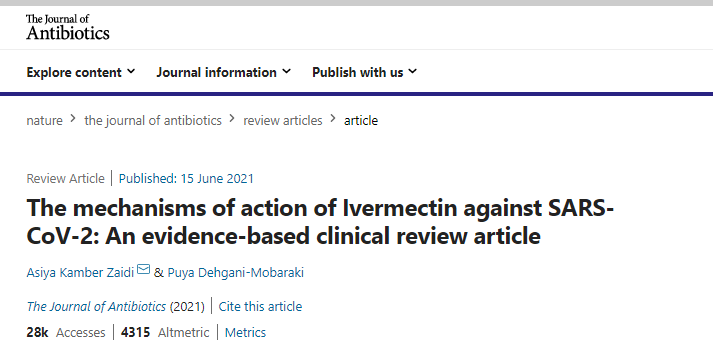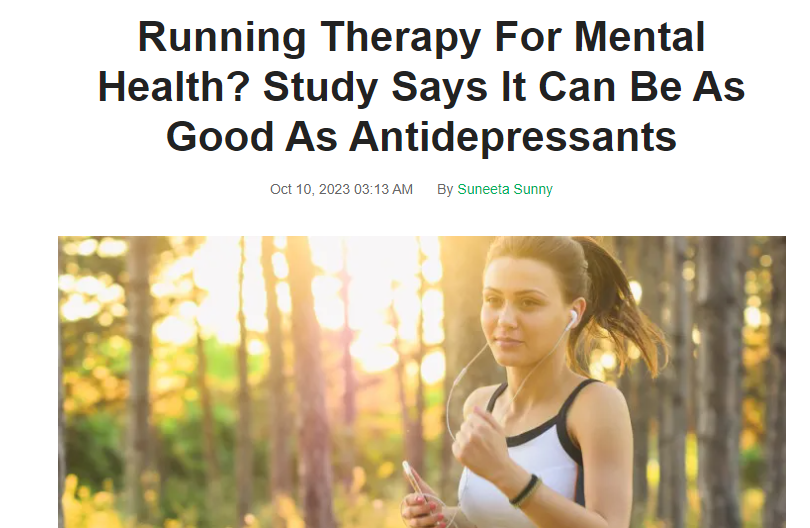Another day, another viral article being cited as proof that ivermectin can cure COVID-19
The newest example is even more depressing than previous ones somehow 1/n
The newest example is even more depressing than previous ones somehow 1/n

2/n The paper is here, and mostly it's just a perspective piece in a minor Nature offshoot (Journal of Antibiotics, IF 2.4) written by two members of what I can only describe as a pro-ivermectin advocacy group
nature.com/articles/s4142…
nature.com/articles/s4142…
3/n The advocacy group is called Front Line COVID Critical Care Alliance, and has a very flashy website that basically advocates for ivermectin (and vitamin D, melatonin, and mouthwash) as the cure of all COVID ills 

4/n Now, this might be something of a red flag for publication in a scientific journal, but this affiliation isn't mentioned in the paper or the conflicts of interest which is a bit odd 

5/n The review itself is mostly fairly boring - it is a reiteration of the same lab-bench data that was used initially as a reason to trial ivermectin, although the language is quite strange at times ("unsuspecting victims" is, uh, quirky) 

6/n But some parts of the piece are simply wild. For example, instead of citing the Cochrane, BMJ, or other recent systematic reviews, the authors cite ivmmeta dot com, an anonymous website that is far from scientific 

7/n Indeed, the authors have copied the information in this paragraph directly from this shoddy website, leading to this wonderful sentence making its way into a published scientific paper 

8/n Complete misinterpretations of p-values aside, the website is one of many really bizarre anonymous efforts to push ivermectin and other unproven medications for COVID-19
9/n More rigorous reviews have pointed out that virtually all published studies on ivermectin are of extremely low quality, but you wouldn't know that from the summary presented on ivmmeta dot com! 

10/n In fact, one of my favourite parts is where a WHO investigation that concluded that ivermectin should not be given outside of a clinical trial as the evidence is so woeful is misrepresented as showing that ivermectin is massively beneficial! 





11/n (As a side note, the odds ratio is apparently presented because the WHO didn't "provide the details required to calculate the RR". That's weird, because the WHO did in fact calculate an RR in the report) 

12/n Anyway, this website is what I would call solidly pseudoscientific - mimicking science closely enough to trap the unwary, but so filled with errors that the evidence is largely worthless
13/n Even funnier than all this, perhaps, is the conclusion of the paper, because despite this all being used online as proof that ivermectin works perfectly that's not even what the authors say 

14/n I mean, "repurposing of approved drugs such as ivermectin" has been the focus of most of our attention since March 2020, it's not like we needed that push
15/n Anyway, it is very odd that this paper was published as is, it has at least a few pretty bizarre red flags, but that hasn't stopped it reaching an Altmetric of 4,500
Yay, science!
Yay, science!
• • •
Missing some Tweet in this thread? You can try to
force a refresh













